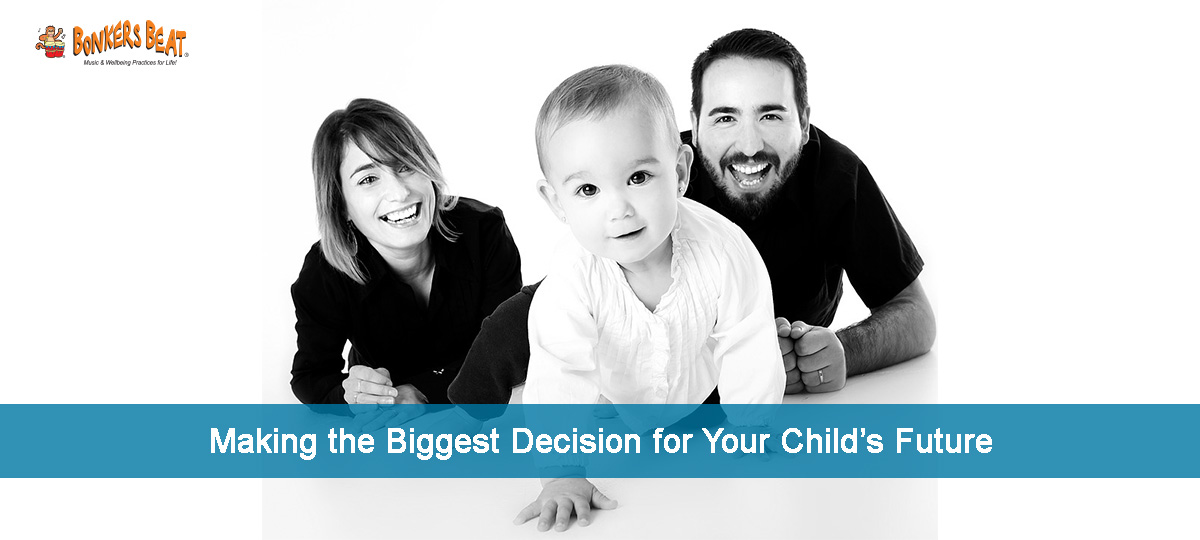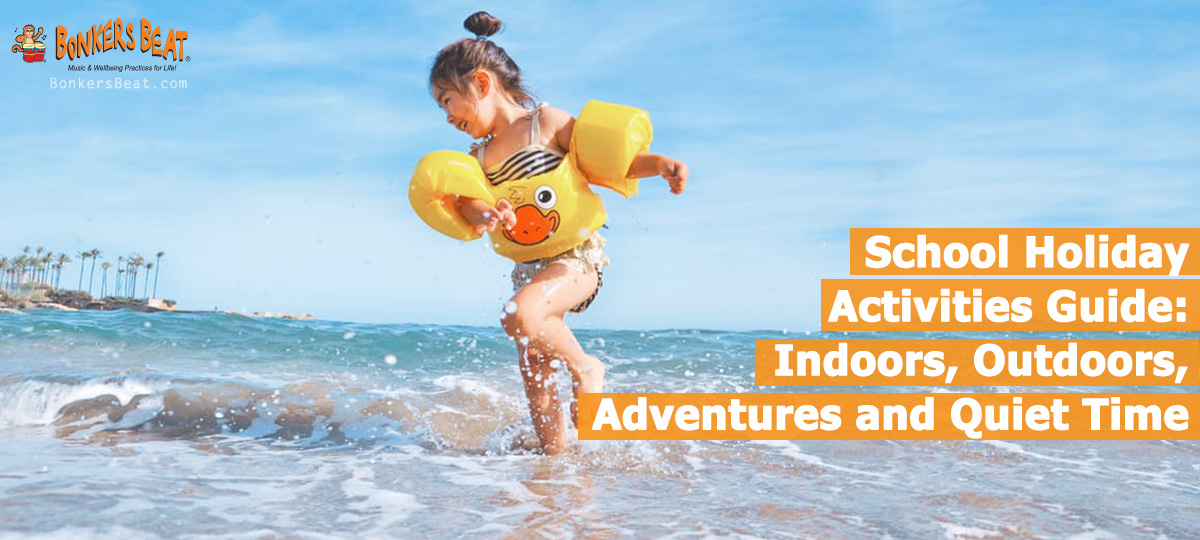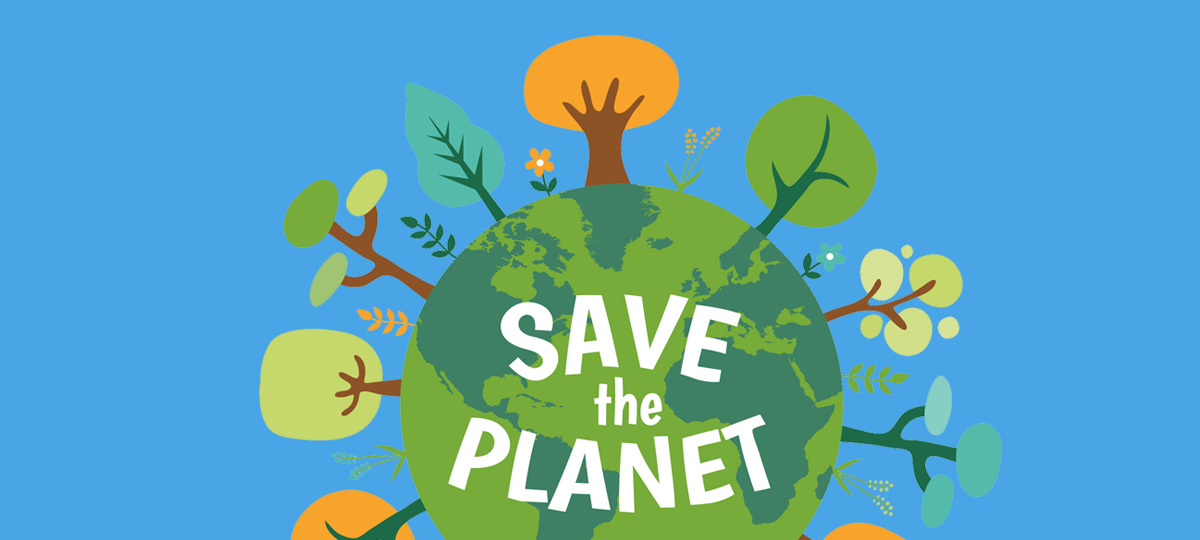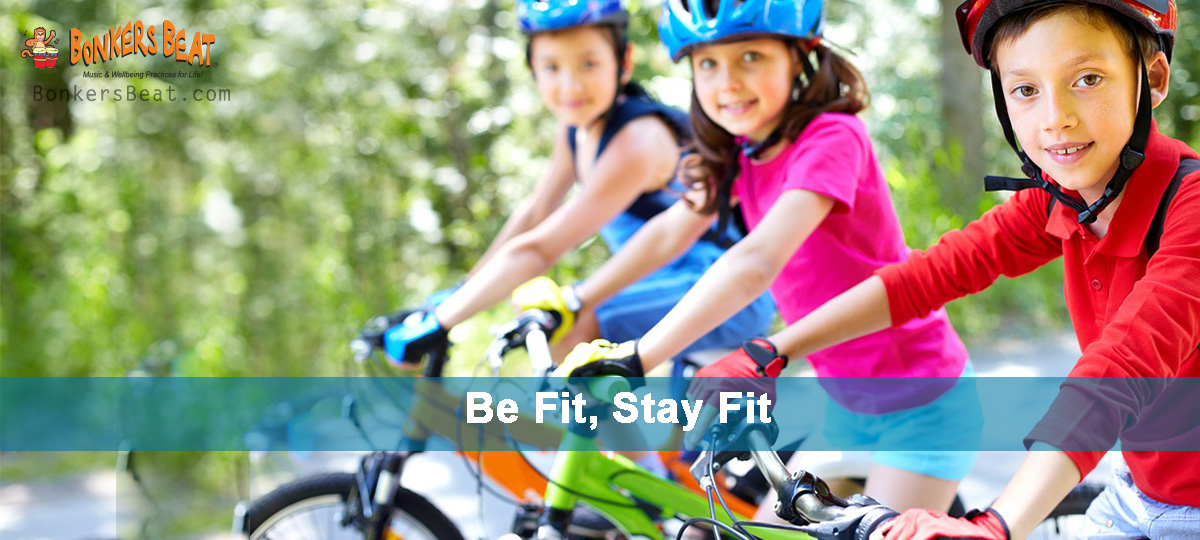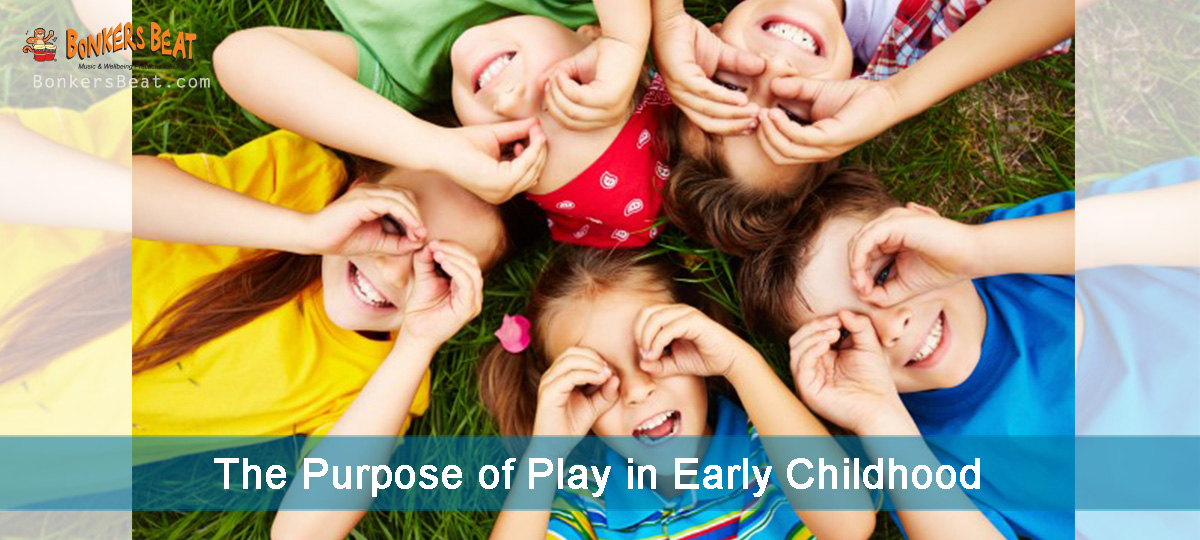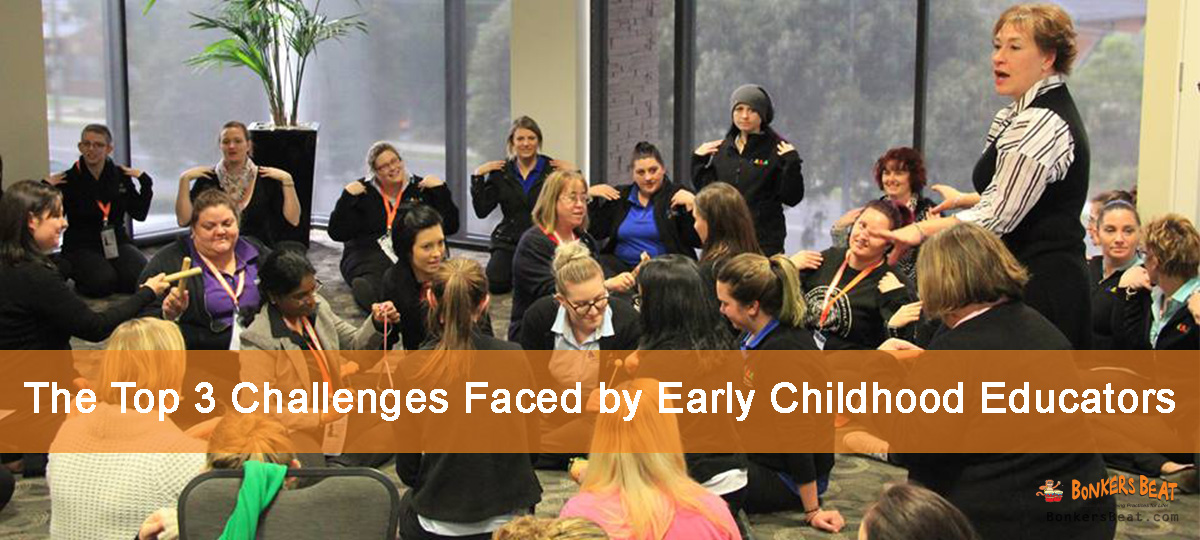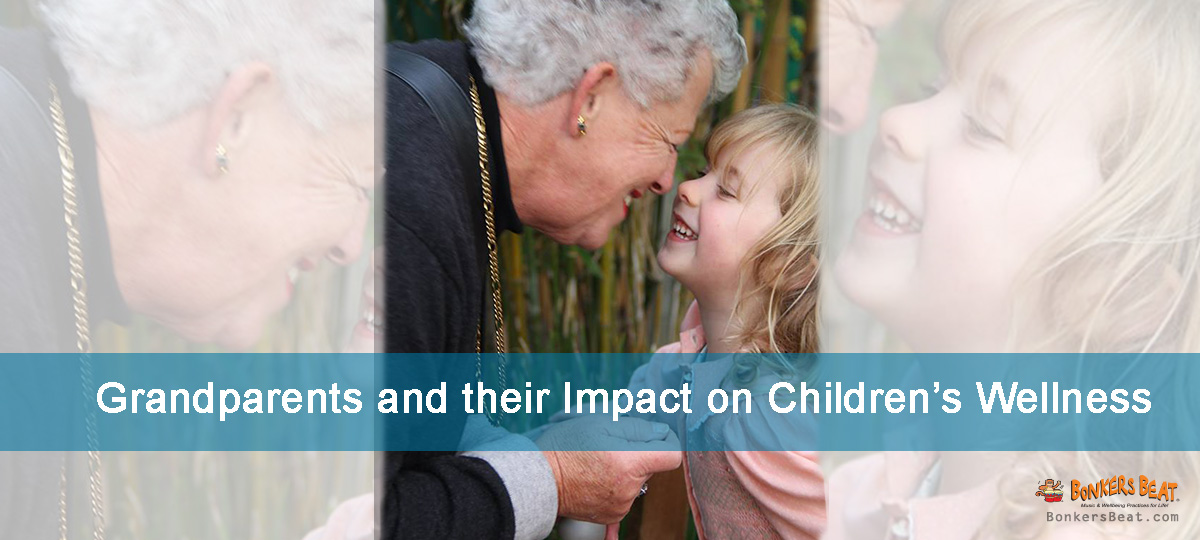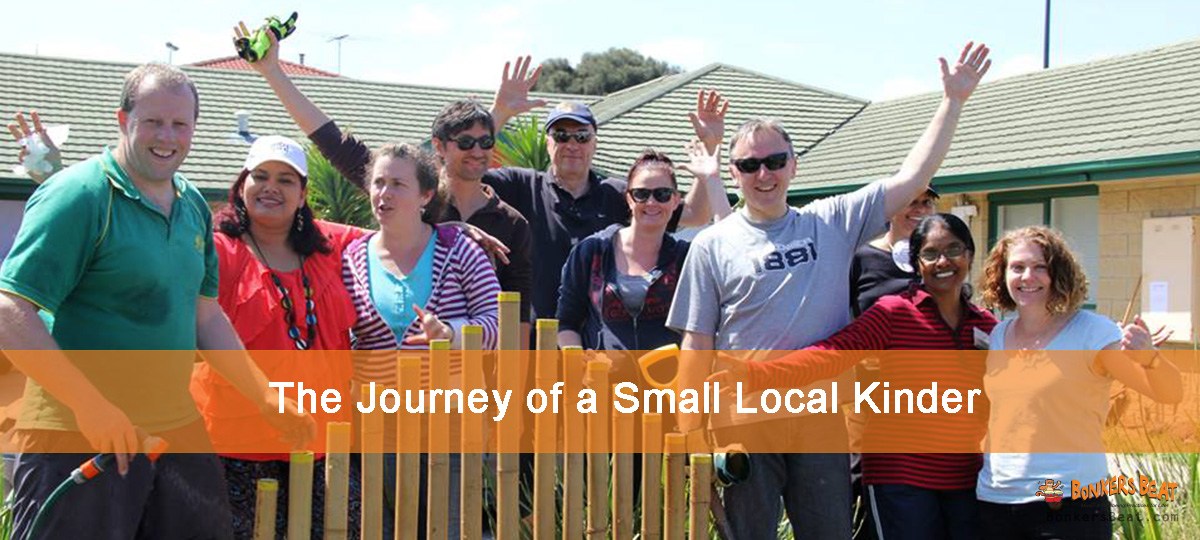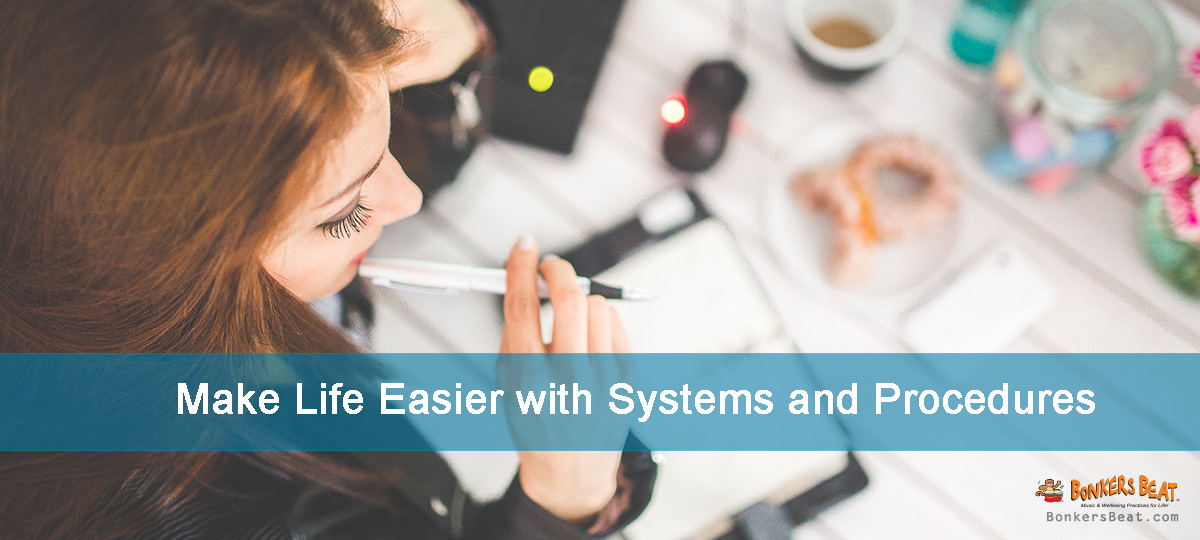There’s so much to think about during the early years of a child’s life. For parents it can be quite a whirlwind, from the sleeplessness of the first months to finding your feet in parenthood and then all of a sudden children are being enrolled at childcare or kinder.
With the knowledge that the first five years of life are when the brain does its most intensive wiring and development, making educated and informed choices about your child’s early learning is vital.
Pre-cursor for School Success
While childcare and pre-school/kindergarten programs are play-based forms of learning, they can play a big role in your child’s success in school.
In fact, a recent study by the University of Missouri College Education highlights the importance of pre-school years for children’s educational development and preparation for success in life.
Continuity of Care: It’s Crucial
When choosing a childcare or pre-school program for your child, it’s always best to think long-term – that is, commit to continuity of care for your child right through to commencing primary school.
Continuity of care means that children remain at one early childhood educational service for the three years prior to starting school. Early Childhood Australia says that consistency between settings is a critical factor in thinking about effective learning over the long term. “While children are certainly resilient and adaptable, their experiences of transitions and change are likely to be more favourable when there is as much consistency and continuity between settings as possible.”
Sometimes parents leave their current service to enrol their children in the 4-year old funded kindergarten year at the local government kinder. This is the equivalent of switching primary schools in grade 5 or high schools in year 11. Of course this can be a necessity when a family is moving areas, but for the most part these transitions don’t allow children to flourish and continue an uninterrupted developmental journey.
Extra Transitions Unnecessary
There are two main reasons we see this final year switch take place. The first is financial. It is often more affordable for families to send their children to the local government kindergarten. However, government subsidies and benefits like CCB make this cost difference less noticeable. Furthermore, you’ll find more flexible hours, excursions and incursions available in some settings like Bonkers Beat, included in the fees. Not to mention school holiday care! Most importantly of course, the very best early childhood education is an investment in your child’s future.
The other reason we find that drives families to change centres in 4-year old kindergarten is that they are under the impression that this will ensure their children have friends who will attend the same school. While friendships that continue into school can be wonderful, many primary schools will in fact separate children who have arrived from the same kinder in order to encourage even more new friendships to flourish in this new environment.
It’s important to note as well that there are often many kindergartens that feed into local primary schools, not just the government kinder nearest to the school. For example, local primary schools in and around Aspendale in Victoria love our Bonkers Beat Music Kinder because the children who transition to school from Bonkers Beat are very confident, creative and have more developed social and emotional skills.
Make the Commitment
Research supports continuity as an essential ingredient for the very best early education experience for children. This is also evident in our experience too. When your child commences care, make the commitment for your child’s future and pursue continuous care where possible for the best outcomes.
Before enrolling your child into a kindergarten or childcare, take the time to do the research and find the right high quality service for your child. To allow your child a smooth transition to school in the future, you may even like to start investigating your options for primary and secondary education. Whether your decision is based on a high quality public, religion-oriented or private school it should resonate with your family values and provide the best foundation for your child’s future.

